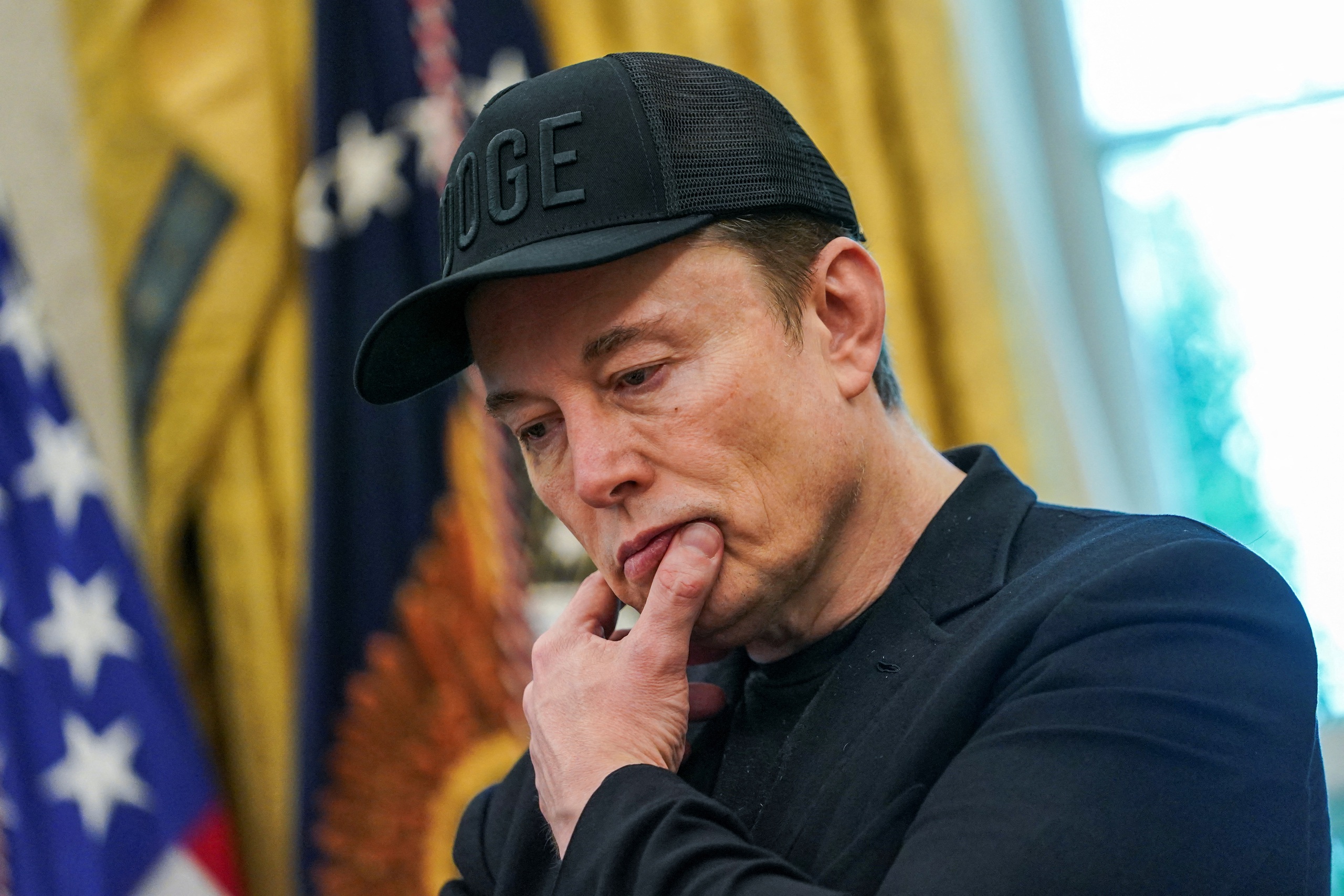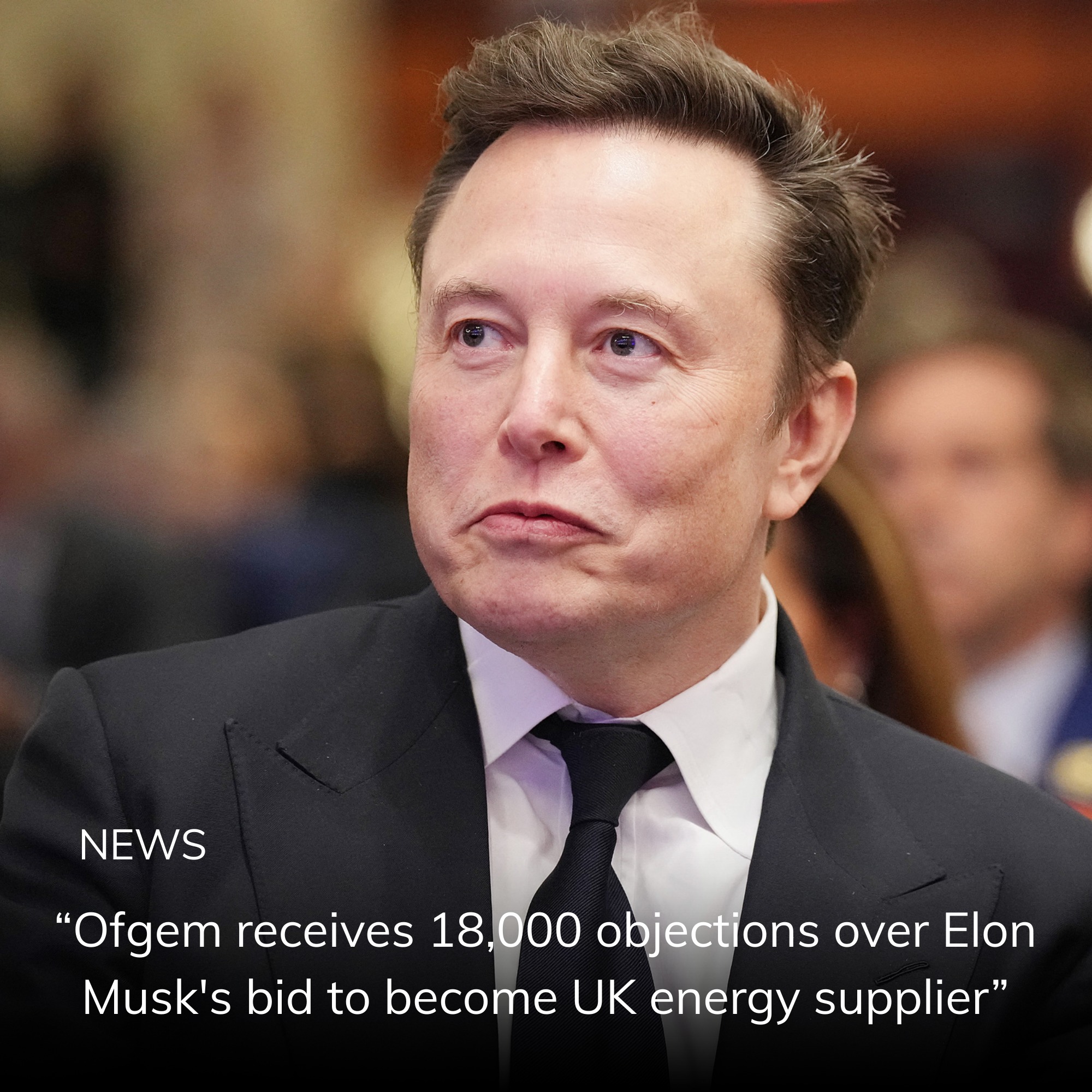Elon Musk is no stranger to controversy. Whether it’s his outspoken views on politics, his combative presence on social media, or the way he runs his businesses, the billionaire rarely avoids the spotlight. This time, however, his latest challenge is unfolding not in the United States, but in the United Kingdom—where Tesla’s attempt to enter the domestic energy supply market has sparked a wave of public and political opposition.
At the heart of the backlash is not just Tesla’s ambition to power British homes and businesses, but the man who leads it. With more than 18,000 objections filed by campaigners and ordinary citizens, high-profile critics in politics, and concerns about Musk’s personal role in spreading misinformation, the future of Tesla Energy in the UK looks uncertain.

Tesla’s UK Energy Ambitions
Tesla has long sought to diversify beyond cars. Its energy division—Tesla Energy—focuses on battery storage, solar power, and grid solutions. The company was granted a licence for electricity generation in the UK back in 2020, enabling it to operate renewable energy facilities.
In 2024, Tesla took the next step: applying to become an official energy supplier in Britain. If approved, this would allow Tesla to sell power directly to households and businesses, putting it in competition with traditional utility providers such as British Gas, Octopus Energy, and EDF.
For Tesla, the UK is an attractive market. The government is under pressure to accelerate its clean energy transition, and Musk’s company brings advanced battery technology, experience with energy grids, and the global brand power of Tesla. On paper, it looks like a win for renewable energy innovation.
But beneath the surface, opposition has been brewing.

A Campaign of Resistance
Shortly after Tesla’s application became public, Best for Britain, a campaign group focused on democracy and public accountability, launched a nationwide drive to oppose Musk’s entry into the UK grid. Their argument was simple: Elon Musk himself cannot be trusted with such critical infrastructure.
Through their platform, more than 18,000 people sent objections to Miatta Fahnbulleh MP, the newly appointed Minister for Energy Consumers. The volume of submissions highlighted just how controversial the application had become.
Naomi Smith, CEO of Best for Britain, framed the campaign as a matter of national security:
- She accused Musk of having “repeatedly stoked riots” in the UK by spreading false stories online.
- She cited his vocal support for far-right figures like Tommy Robinson (real name Stephen Yaxley-Lennon) and Rupert Lowe.
- She pointed to his claims that “civil war in the UK is inevitable” as evidence of his destabilizing rhetoric.
“Allowing someone with that track record to control part of our energy supply is reckless,” Smith argued.
The Role of Social Media
Underlying much of the concern is Musk’s ownership of X (formerly Twitter). In the past year, the platform has been at the center of heated debates about online extremism and misinformation.
Following the Southport Attack and subsequent riots, Amnesty International reported that X had played a “crucial role” in spreading false stories and fueling racial tensions. Musk personally amplified some of the misinformation, sharing posts with doctored images and unverified claims.
For many in Britain, this behavior crossed a line. If Musk is already perceived as using his platform to destabilize public order, why should he be trusted with control over something as critical as the national energy grid?

Political Opposition Rises
The campaign quickly moved beyond civil society and into the political arena. Ed Davey, leader of the Liberal Democrats, issued a strong statement urging the government to block Tesla’s licence application.
In his words:
“Allowing Tesla to sell energy directly to British households and businesses would be gravely concerning, considering Elon Musk’s repeated interference in UK politics. He has spoken about civil war in this country, and peddled misinformation through his X posts. His Tweets are already being examined by the UK’s counter-extremism unit. We must rule out giving him access to the UK’s critical infrastructure.”
Davey went further, labeling Musk a “security risk” and demanding that Labour, now in power, put the national interest first by rejecting Tesla’s bid.
The intervention of a senior political leader dramatically raised the stakes. What began as a grassroots campaign is now shaping up to be a serious policy debate within Westminster.
Musk’s History with the UK
This is not the first time Musk has courted controversy in Britain. Beyond his comments about civil unrest, he has openly voiced support for the Reform Party, a populist movement seeking to disrupt the political establishment in the next General Election.
For critics, Musk’s alignment with far-right figures and movements undermines his credibility. For supporters, it is another example of his willingness to challenge the status quo. Either way, it deepens the unease surrounding his role in sensitive sectors such as energy and infrastructure.
What’s at Stake
At its core, the debate is about more than just one company’s licence application. It raises fundamental questions about:
- Foreign ownership of infrastructure: Should a US-based billionaire with controversial political ties be allowed to control a slice of the UK’s energy market?
- Misinformation and security: Can someone accused of fueling riots and spreading conspiracy theories be trusted to operate within national systems?
- Public accountability: With over 18,000 objections, does public opinion have the power to override commercial interests?
The outcome could set a precedent for how the UK handles future bids by global tech and energy giants seeking influence in critical sectors.
The Road Ahead
As of now, Tesla’s licence application is still under review. Ofgem, the UK’s energy regulator, will make the final decision, but the political and public pressure is mounting.
Labour ministers face a delicate balancing act:
- On one hand, they are committed to expanding renewable energy and supporting innovative companies that can accelerate the transition to net zero.
- On the other hand, they must consider national security, public trust, and the political risks of aligning with Musk.
If the objections continue to grow—and if more political figures join the opposition—the likelihood of Tesla being blocked increases.
Conclusion: A Test of Trust
Elon Musk has built a career on disruption. He has revolutionized electric cars, reshaped space exploration, and now seeks to reimagine energy grids. But in the UK, disruption is not always welcomed—especially when it comes with political baggage and fears of instability.
The controversy over Tesla’s energy licence is more than a regulatory decision. It is a test of how much influence one billionaire should have over national infrastructure, and whether his personal actions abroad should disqualify him from business opportunities at home.
For Musk, it is another reminder that his personal brand is inseparable from his companies. For Britain, it is a moment to decide whether innovation outweighs risk. And for the public, it is proof that organized resistance—18,000 voices strong—can put even the world’s richest man on the defensive.
One thing is clear: whatever Ofgem and the government decide, this saga has shown that in the UK, the power may lie less with Elon Musk, and more with the people determined to keep him in check.






